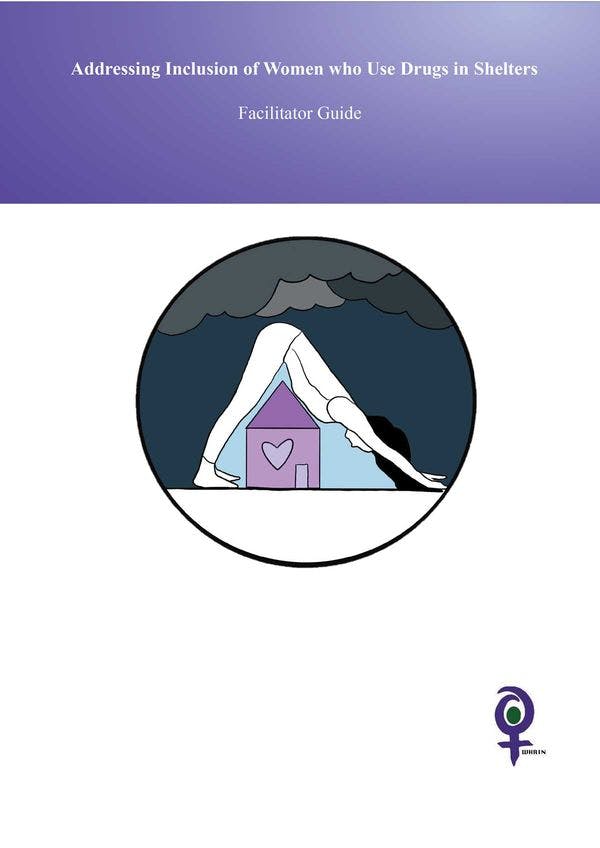Aborder la question de l’accueil des femmes qui utilisent de drogues dans les structures d’hébergement
WHRIN offre des outils pour animer un atelier visant à réduire les obstacles à l’accueil des femmes qui font usage de drogues dans les structures d’hébergement. Pour en savoir plus, en anglais, veuillez lire les informations ci-dessous.
Women and gender diverse people who use drugs experiencing violence and/or homelessness, often face very restricted access to shelters. Commonly, women’s shelters apply a “zero tolerance” policy with respect to drug use and to refer people who use drugs to other services (which usually don’t exist, so people remain at risk of violence and unstable housing). Those who desperately need shelter and non-judgmental support are turned away at a time when they are most at risk. Many shelters feel they do not have the staff expertise to serve this population, without examining ways to overcome such concerns.
This workshop aims to provide a space for addressing such barriers to improve capacity for shelters to accommodate women and gender diverse people who use drugs. It is designed to provide information for shelters’ managers, policy makers and staff to:
- Raise awareness among management of shelters and other relevant policy makers on the need to lower thresholds to meet the needs of women in all their diversity by accommodating clients who use drugs.
- Provide management of shelters with insights and practical tools to lower thresholds to shelter access for clients who use drugs, while policy makers will gain insight on how to adjust policies to support improved access to shelters for those in need.
It is recognised that, in some contexts, supplementary Sexual Orientation, Gender Identity and Expression, and Sex Characteristics (SOGIESC) and other related capacity building will be needed to better enable inclusion for two spirited, trans, nonbinary and gender diverse people in shelters. This toolkit touches on key considerations while especially addressing barriers to inclusion for people who use drugs.
